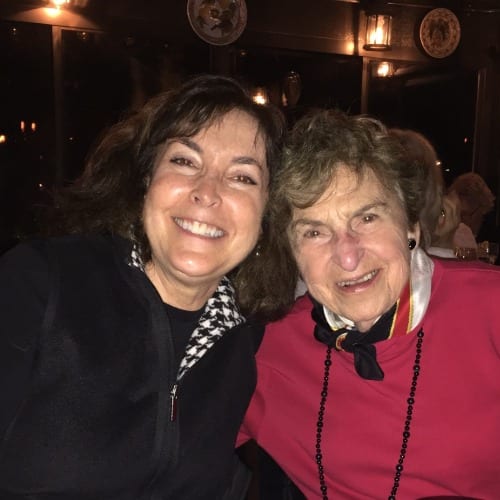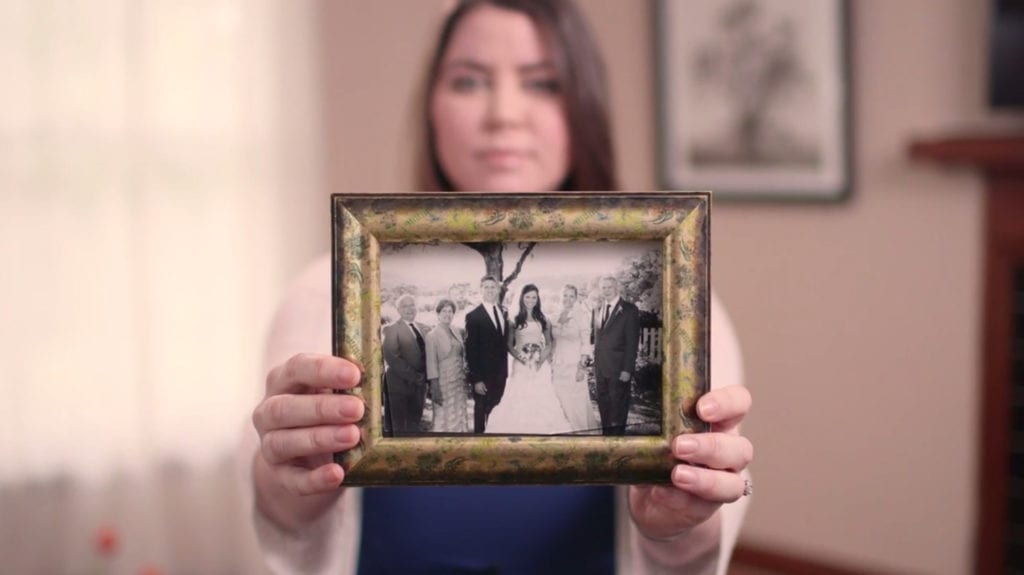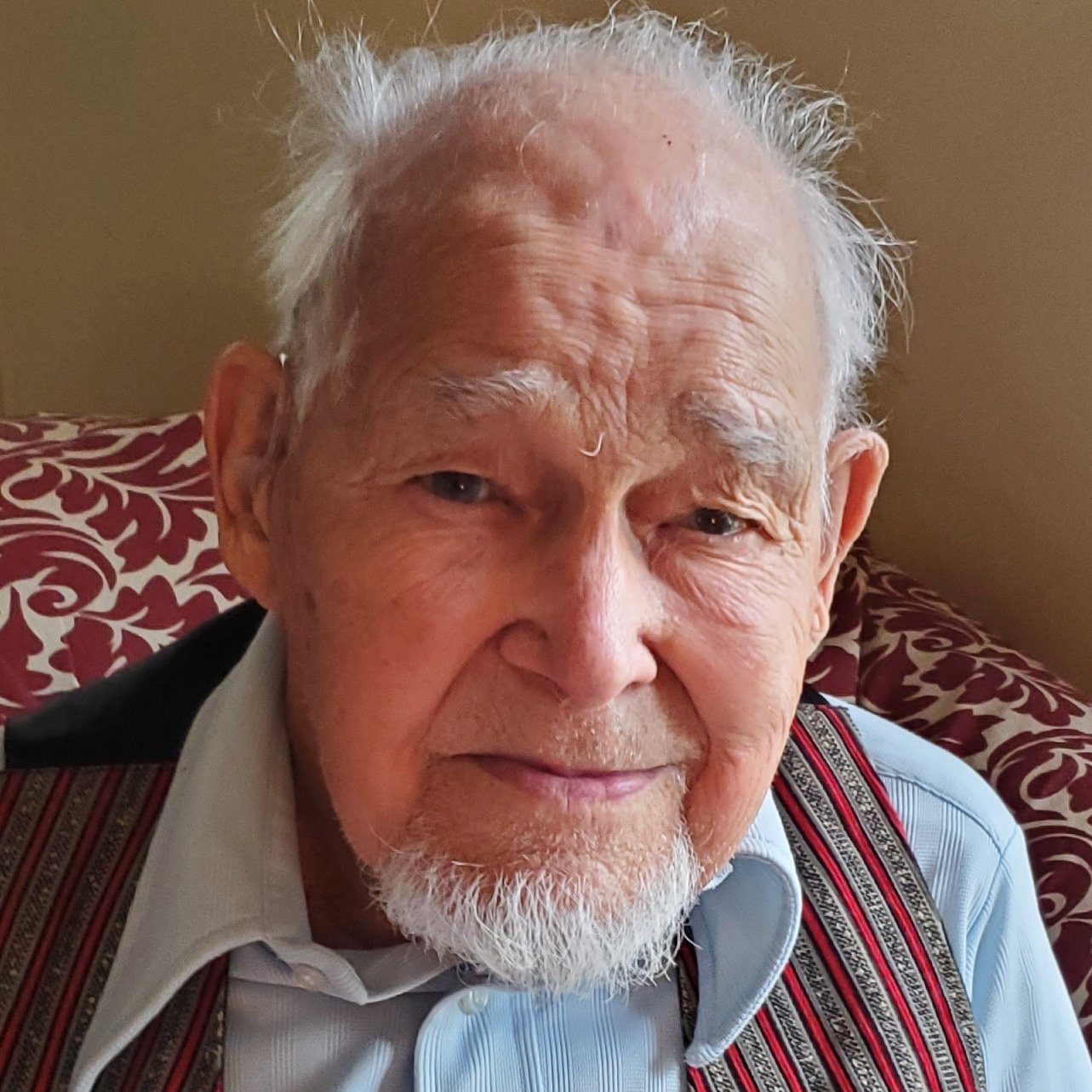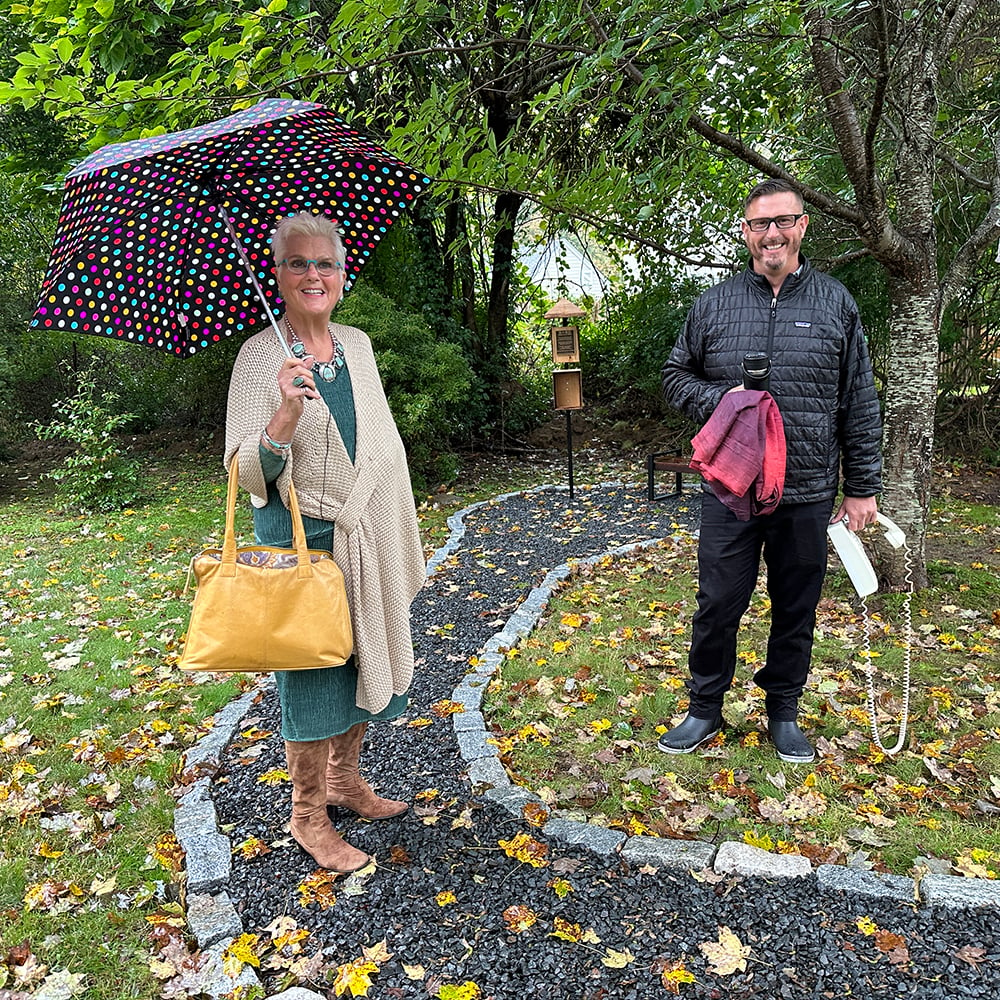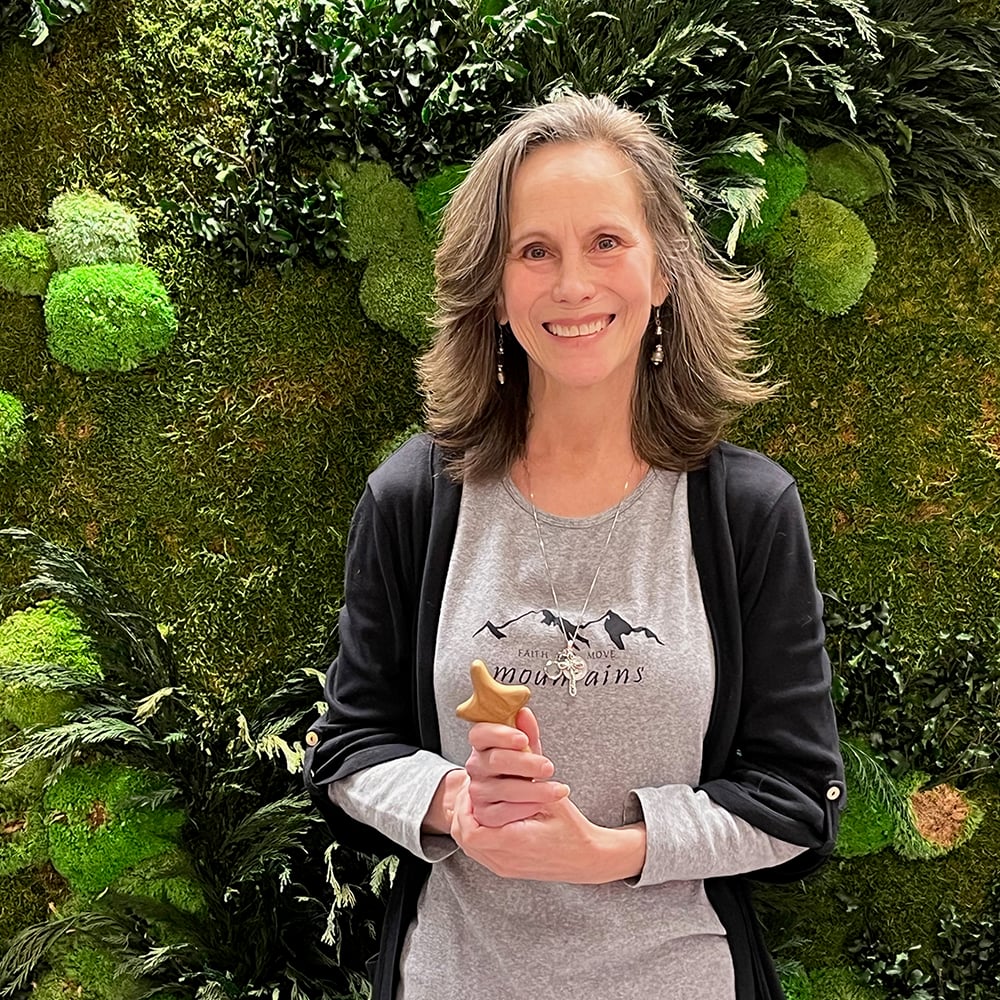Barbara shared her story in August of 2019.
Minnie Wilkov died on July 2, 2019. She was a long-time supporter of Compassion & Choices and deeply desired the passage of medical aid-in-dying legislation in her home state of Connecticut.
This desire became personal when Minnie was diagnosed with ovarian cancer. She wanted to be a voice for this cause and even dictated a letter to her daughter, Barbara, in hopes that it could be read by many, specifically Connecticut lawmakers. This letter was her final wish:
I am a political junkie and this will be my last political letter since I’m in the process of dying a natural death from ovarian cancer at the age of 97 ½. Despite all the painkillers and anti-nausea medicines, and even though I’m surrounded by all the love and care I could wish for, I am leaving this world in a torturous and miserable way that I would not wish on any caring human being.
Please pass the Death With Dignity legislation here in Connecticut promoted by Compassion & Choices. To deny people this choice is inhumane.
I am dictating this because I am weak and cannot write the letter myself. I feel very strongly that I should have had the opportunity to choose when to say my final goodbyes. My suffering has caused undue and unnecessary suffering for my family. I wish I could have spared them the emotional pain associated with my terminal illness.
Minnie Stein Wilkov
Stamford, Connecticut
Minnie, as she described herself, was a political junkie who could talk to you at great length about politics, the University of Connecticut women’s basketball team and education. She grew up in Cincinnati, Ohio (she was proud to be a midwesterner), and was the first in her family to attend college at a time when it was uncommon for women to even go to college. She was a highly intelligent and curious person who retained her mental acuity up until her final day. She believed that being a life-long learner was one of the reasons for her longevity.
In her later years, Minnie was very active and engaged in every way. She did not let macular degeneration slow her down much. She maintained a busy schedule and coped with her vision loss bravely, despite the fact that she had lost her ability to read, which was devastating to her.
Minnie also suffered from Crohn’s disease, Afib and high blood pressure. Yet, she exercised at the local health center three times a week. She felt that she should be, “the best I can be as long as I’m here.”
And then everything changed—in 2017 Minnie was diagnosed with ovarian cancer. Because of her advanced age and her heart issues, the doctors determined that surgery was not an option. But she was in excruciating pain, so the cancer experts offered her “palliative” chemo to ease her symptoms. At that point, at 96, she was ready to die.
The chemo did help with pain management, but shortly thereafter Minnie suffered a stroke. Chemo was no longer an option.
As the cancer progressed, Minnie lost more and more of her mobility, going from cane, to walker, to wheelchair. The family had to hire full-time caregivers to assist with daily functions.
All the while, Barbara was her mom’s primary caregiver, giving her emotional support as well as supervising the CNAs, paying the bills and managing the apartment (Minnie’s wish was to age in place and she remained at home the whole time). Hospice was brought in and did what they do best, but every day was a struggle.
Throughout, Minnie was aware of everything going on around her. She hated being so dependent on others and would lament, “Why does it take so long to die?” The only positive was that she had some time to say goodbye to family and friends.
As Minnie continued to decline, she lost all of her autonomy and needed to be cared for 24/7. She complained about the loss of dignity she had to endure (despite having outstanding caregivers) and her pain got much worse.
Minnie suffered greatly in her final days—exactly what she and the family had hoped to avoid. She wished she could maintain control and manage her death experience in a humane and dignified way. “I wouldn’t wish this on my worst enemy,” she said.


